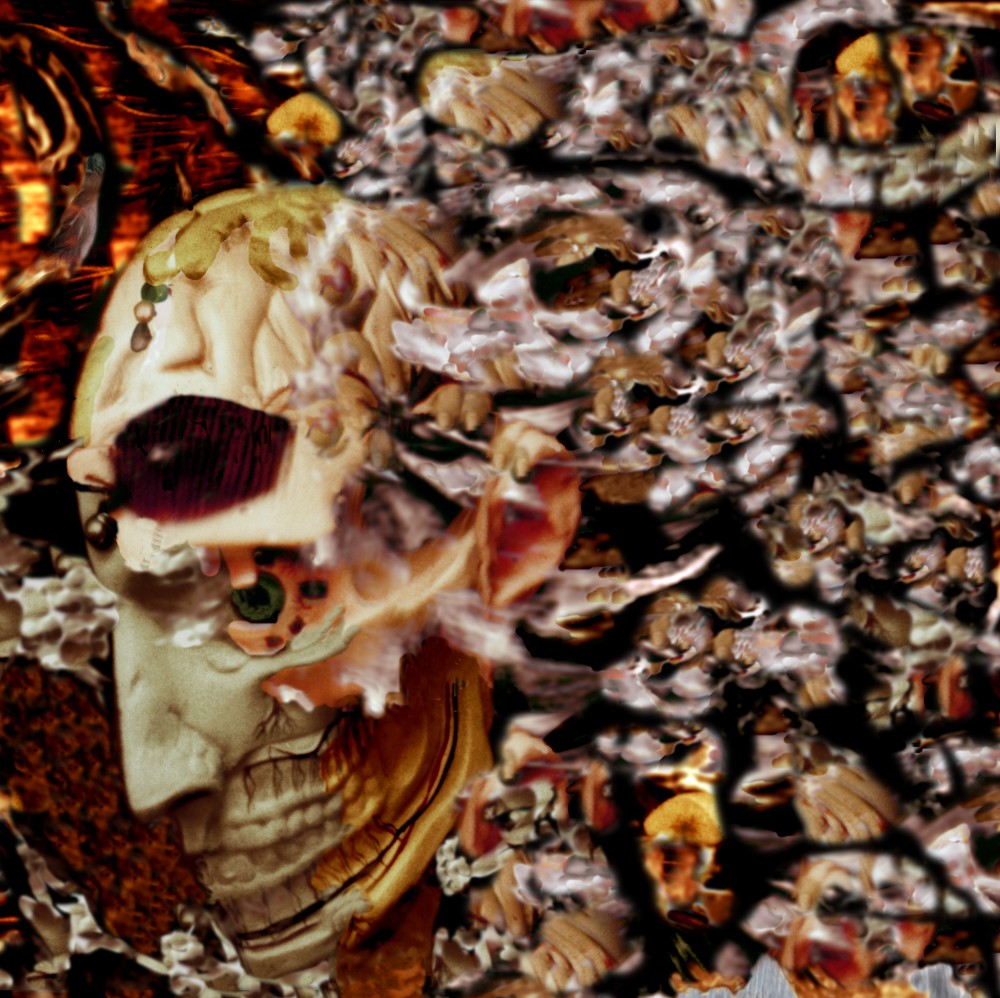We open Psychological Suspense and Psychological Thrillers one layer at a time, never knowing what we’re going to get, and never getting what we were expecting. The books, (and TV shows, and movies) concentrate on the instability of the characters, and creating similar states in the audience as we wade through the rough waters, run through quicksand, or fly through virtual dream states. This post is about shared characteristics of the genres.
The narratives may be a mixture: Psychological Suspense Thrillers. They may include, or begin with Horror, Mystery, or even other elements such as Science Fiction (think virtual reality) or the Supernatural. The predominate feeling is slowly creeping and bewildering dread, with a mental puzzle the reader is driven to figure out, as is the protagonist, though if it’s Suspense, the reader usually knows more than the main character does, and wishes to warn him, but feels the frustration of watching events unfold. Still nothing is what it seems, and twists keep the reader guessing and surprised.
Anti-heroes are common, and they and all the other characters may use physical means of torment and mental ones, as well as using both elements to work their way out of the situations. The reader may feel claustrophobia, disorienting disequilibrium, or in the Gothics, a sense isolation.
Characters struggle against confusing mental traps caused by their own delusions or manipulations by the Impact Characters. They may play minds games against each other, or try to figure out social propaganda in order to reach lucidity. The action is not as overt and hard edged as in other types of thrillers, and the pace may be slower. Rather than being as plot-driven, the books may be character-driven.
Distinctions about morality are ambiguous, and we often see the world through the eyes of people who commit crimes, and we have some uneasy degree of feeling complicity. The roles of the police, church, government, Intelligence agencies, and the military are rarely as simplistically positive as they are in other genres. It’s not rogue agents who go bad, but the whole organizations are questioned in terms of shady conspiracy.
Who the protagonist is, who the good guy is — those are generally known in other genres, but may remain changing, up for debate, and unclear in Psychological ones. Sometimes the underdogs have to fight back by going against Draconian laws.
The reader can be immersed in uncertain complexity of convoluted Alice in Wonderland style strangeness, and that can feel in some ways like the Post-Modernist lack of objective truth we have grown used to, if we are honest with ourselves and don’t rely on religion or politicians to answer our questions about the nature of the world.
POV is variable, with some books being third person past, some first person present, some a combination. Most often there is more than one POV character if Suspense is emphasized, so the audience knows more than the victim does, and can feel the anxiety produced by what’s coming around the corner.
Psychological media explores mind control and manipulation, delusions, paranoia, mental illness, the effects of dishonesty, multiplicity of viewpoint even within one person and the validity or lack of validity and intersection of more than one. They are often nightmarish, sometimes involve advanced technology and can intersect with Science Fiction or Conspiracy, and often have Horror elements. Even the Literary Slipstream, which goes beyond the bounds of ordinary reality has a place, and when the Supernatural can occur, that leaves the characters even more vulnerable and the fright factor and characters’ challenges to their beliefs beyond intense.
The endings give us some degree of answer and solution, which can finish the cathartic process and make us feel somewhat stable again. But very often, there is still the haunting sense that much else is left ambiguous, that we don’t really know what happened, and that the world is not really possible to pin down and stamp: UNDERSTOOD. Therefore, these can be the best to watch with other people and discuss and argue over what the heck just happened. Maybe days, or years later, a new revelation about it will descend on you with a rush.
Profound questions and commentary regarding the nature of humanity are inherent. While the characters may be mentally ill murderers, we see the tenuous grasp we all have on our delusions that we substitute for the truth that we are in fact utterly lost in the face of our mysterious universe. Our text books leave out countless inexplicable anomalies, contradictory evidence, paranormal events, impossible odds, strange synchronicities, in order to make us feel we have a solid grasp of what the world is like. But that’s a joke.
To revel in that, read and watch Psychological Suspense and Thrillers, including their subsets such as the Gothic stories, and sit back and relax into knowing there is really no point in trying to make everything in our lives make some kind of artificial sense. We can pretend. But when playing in the theater of the Psychological, why bother? Let your strange come out. Have a hearty laugh at making sense.

